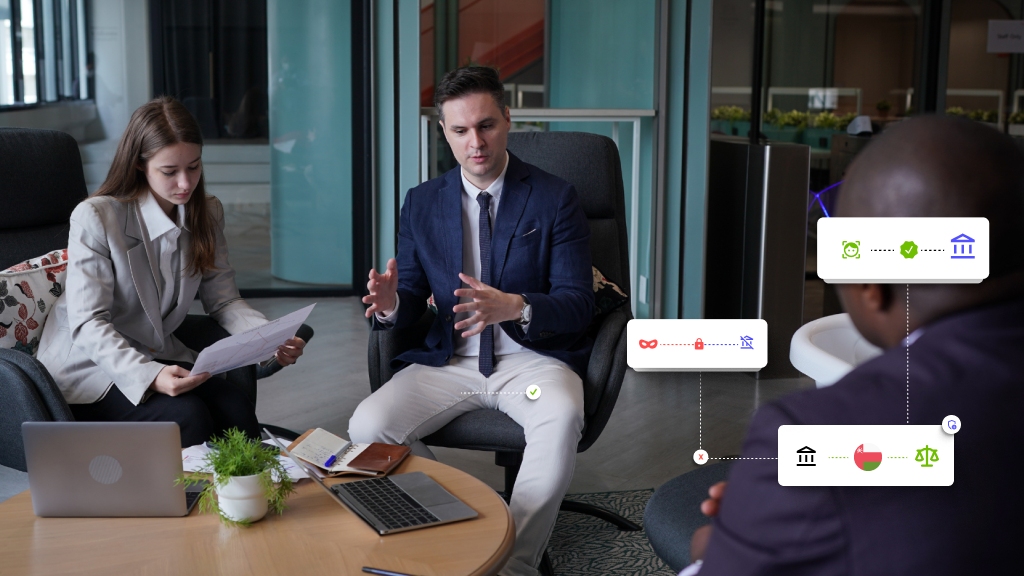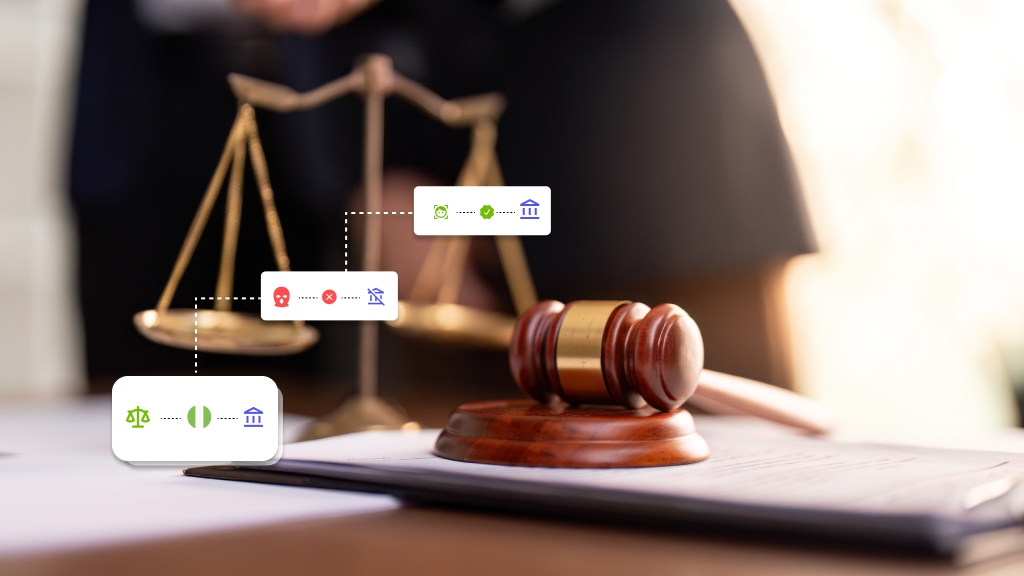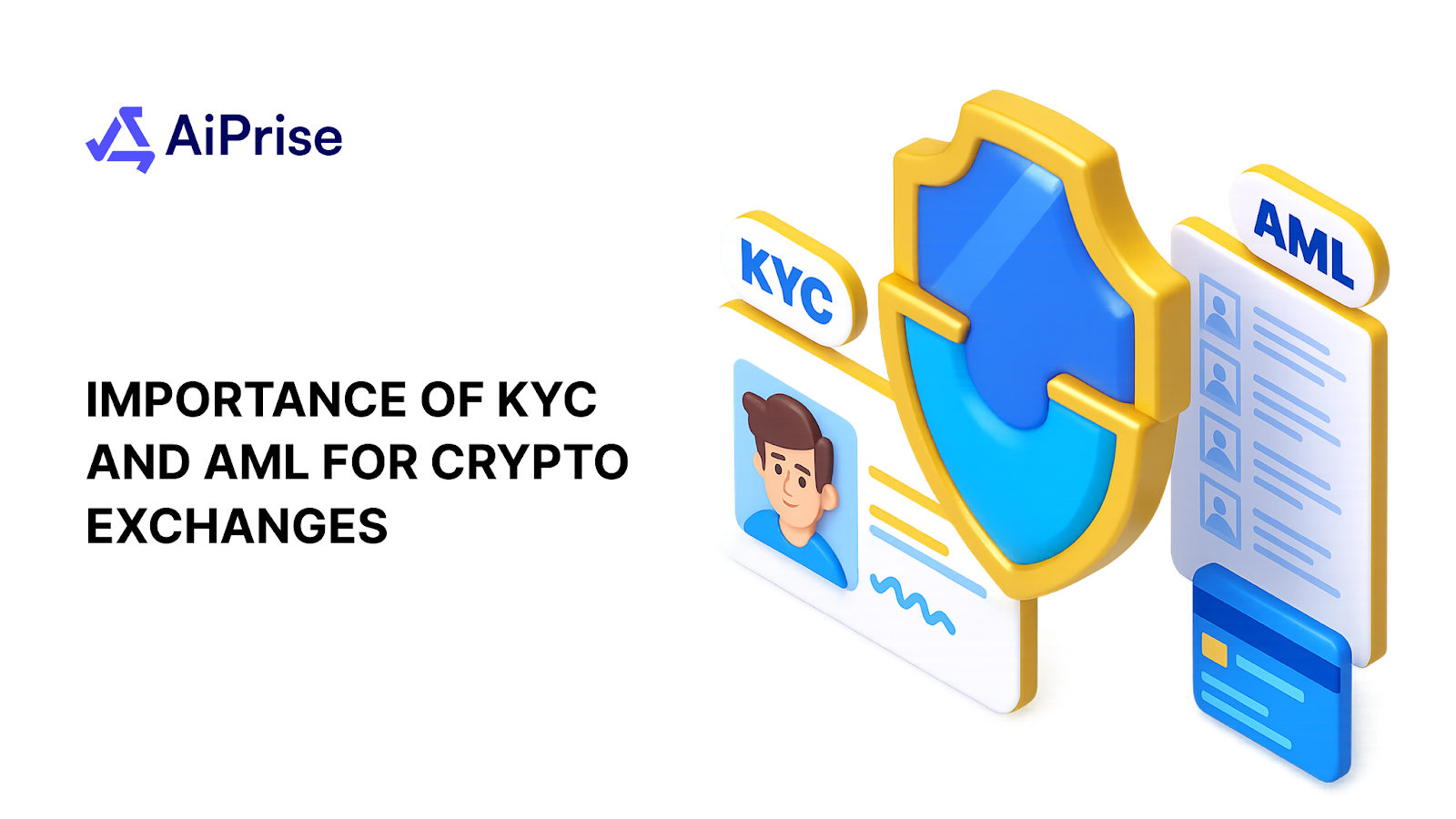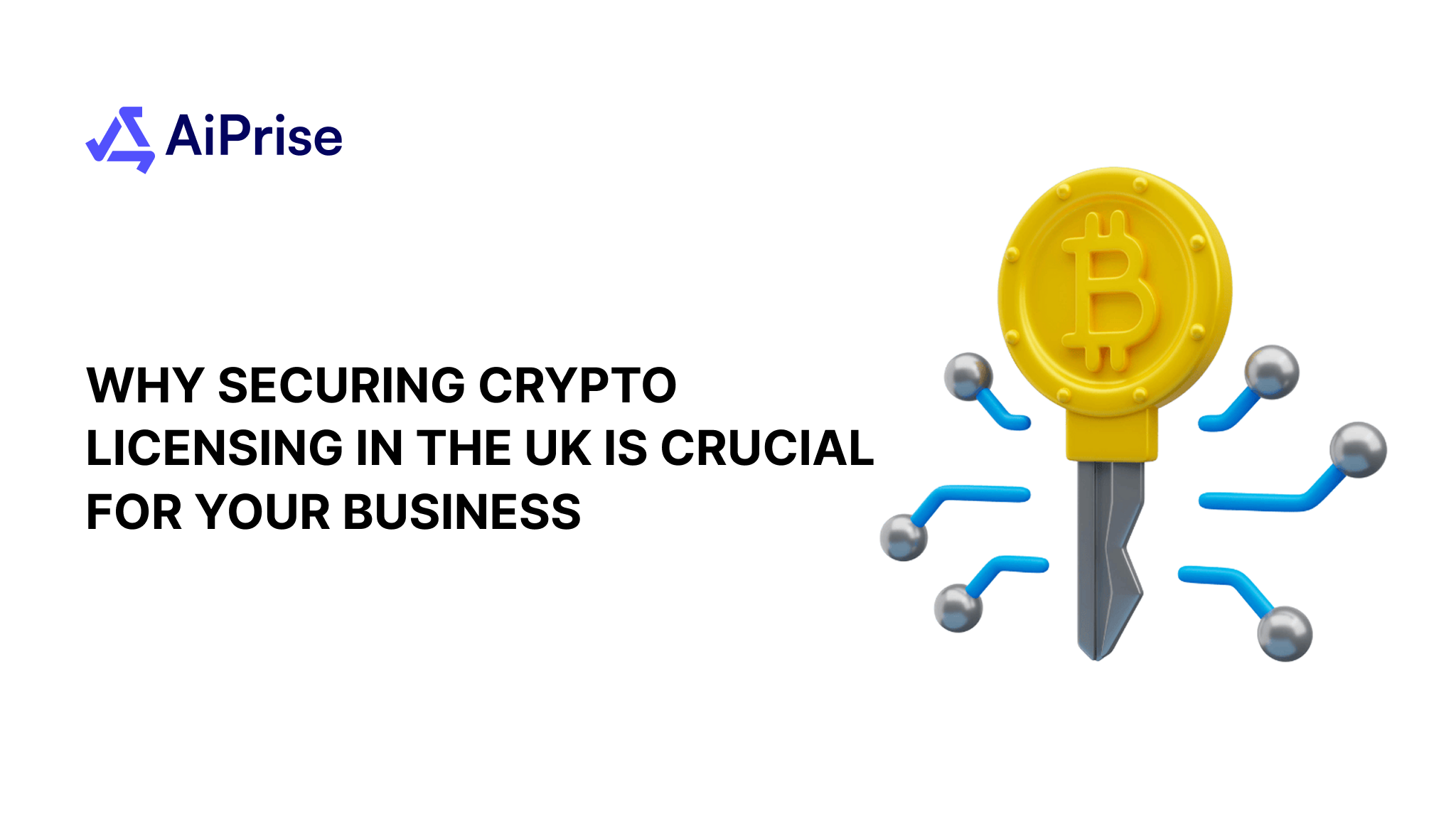AiPrise
6 min read
September 23, 2025
Singapore Crypto License Requirements: A Complete Guide
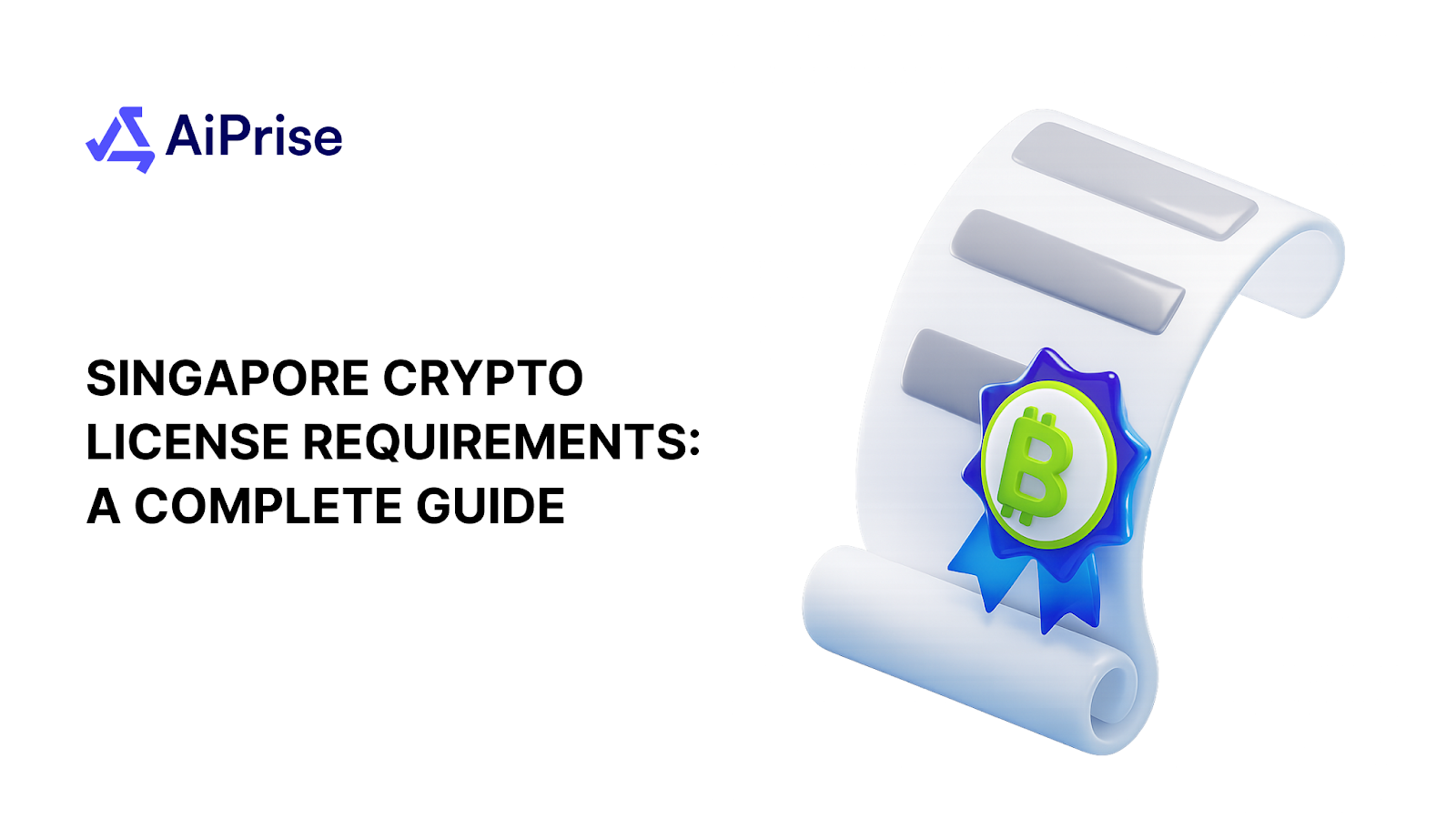
Key Takeaways










Recent data shows that 79% of organizations were victims of payment fraud attacks, making regulatory compliance more critical than ever. The Monetary Authority of Singapore (MAS) has established detailed regulations under the Financial Services and Markets Act (FSMA) that all crypto businesses must meet.
Planning crypto operations in Singapore, it’s essential to know about these regulatory requirements upfront to ensure compliance. MAS reviews each licensing application using specific criteria and detailed evaluation processes.
In this guide, we cover everything you need to know about Singapore's crypto license requirements, from basic licensing requirements to how the process works.
Key Takeaways:
- Singapore requires crypto licenses under the FSMA for digital token service providers serving overseas clients.
- Base capital requirements range from SGD 250,000 with additional security deposits.
- Applicants must demonstrate economic viability and valid reasons for not serving Singapore clients directly.
- The licensing process involves multiple stages, including legal opinions and external auditor assessments.
- The standard application fee for the Singapore Crypto License starts at SGD 1,000.
What Are Singapore's Crypto License Requirements?
Singapore's crypto licensing framework operates under the Financial Services and Markets Act (FSMA), targeting Digital Token Service Providers (DTSPs). This regime specifically covers entities that provide digital token services outside Singapore while being incorporated or operating from Singapore.
The FSMA licensing applies to individuals and partnerships operating from Singapore, as well as Singapore corporations providing digital token services internationally. For example, if you're a Singapore-incorporated company offering crypto exchange services to clients in other countries, you need this license.
MAS introduced this framework to address regulatory gaps and align with Financial Action Task Force (FATF) standards for virtual asset service providers.
Let’s take a detailed look at the requirements, which will help you determine whether your business model falls under FSMA jurisdiction and what steps you need to take for regulatory compliance.
What Are the Key Licensing Criteria?
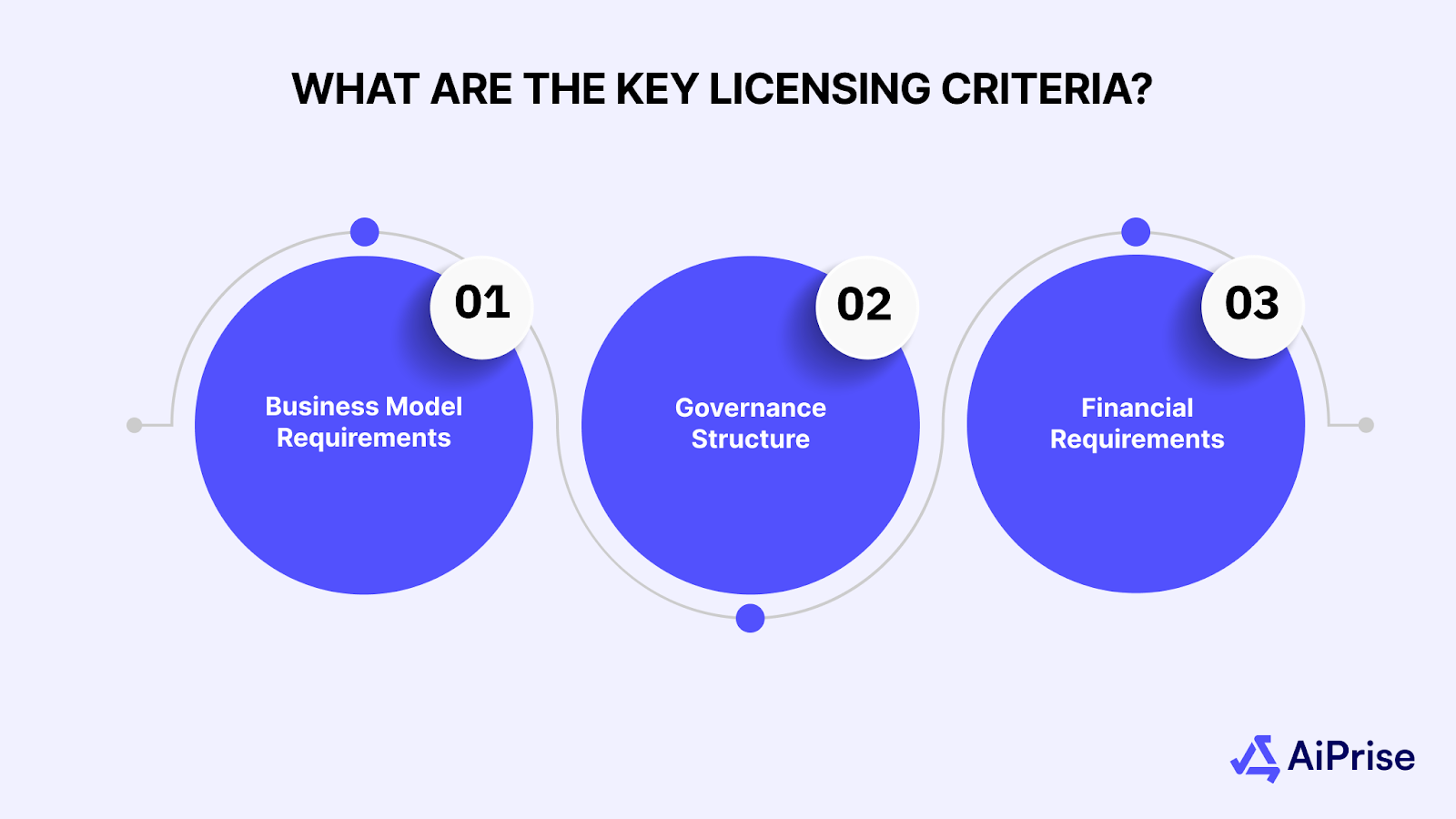
MAS evaluates applications under specific criteria, granting licenses only in limited circumstances. Here are the core requirements:
Business Model Requirements:
Your business must demonstrate clear economic viability with realistic revenue projections and operational sustainability.
- Business Verification: Show proven revenue streams and realistic financial projections that support long-term operations.
- Valid justification: Explain specific business reasons for operating from Singapore while serving only overseas clients.
- Regulatory compliance: Provide evidence of current licenses and compliance with equivalent standards in other countries where you operate.
Governance Structure:
MAS requires proper corporate governance with local accountability and qualified management teams.
- Local presence: Appoint at least one executive director who lives in Singapore and can represent your business locally.
- Physical office: Maintain a real business address in Singapore with regular staff presence for regulatory meetings and record keeping.
- Qualified personnel: Hire experienced managers who understand digital asset services and can handle regulatory compliance requirements.
Financial Requirements:
You must demonstrate sufficient capital to operate safely and protect customer funds throughout market changes.
- Base capital: Deposit a minimum of SGD 250,000 for corporations and partnerships to show financial commitment.
- Security deposit: Sole proprietors must place SGD 250,000 cash directly with MAS as additional security.
- Financial sustainability: Maintain enough reserves to cover 6-12 months of operating costs beyond the minimum capital requirements.
The application process requires a legal opinion from a reputable law firm and an external auditor assessment of technology and cybersecurity controls.
Now that you know the basic criteria, let's look at how the actual application process works.
How Does Singapore's Crypto Licensing Process Work?
The licensing process involves several distinct phases, each with specific requirements and timelines that applicants must complete sequentially.
Here's how the main phases compare in terms of duration and key activities:
Let’s take a detailed look at each phase one by one:
- Phase 1: Preparation and Documentation: Before applying, you need comprehensive business plans, compliance policies, and risk management frameworks. This includes developing compliance procedures that meet MAS standards and creating detailed operational documentation.
- Phase 2: Application Submission: Submit your application through MAS's online portal with all required documentation. The application fee starts at SGD 1,000, and you'll need to provide business model details, financial projections, and compliance arrangements.
- Phase 3: Regulatory Review: MAS conducts thorough due diligence, which can take several weeks to six months. This includes document review, management interviews, and assessment of your compliance readiness. The regulator may request additional information multiple times during this phase.
- Phase 4: In-Principle Approval: If MAS grants in-principle approval, you must complete additional requirements, including an external auditor assessment of technology and cybersecurity controls. This stage requires appointing qualified independent auditors who evaluate your systems against regulatory standards.
- Phase 5: Final License Grant: After satisfying all conditions, MAS issues the final license. You can then commence operations within six months, or the license may lapse.
With the regulatory framework established, crypto businesses need a reliable compliance infrastructure to meet these high compliance standards.
Ensure Regulatory Compliance with AiPrise
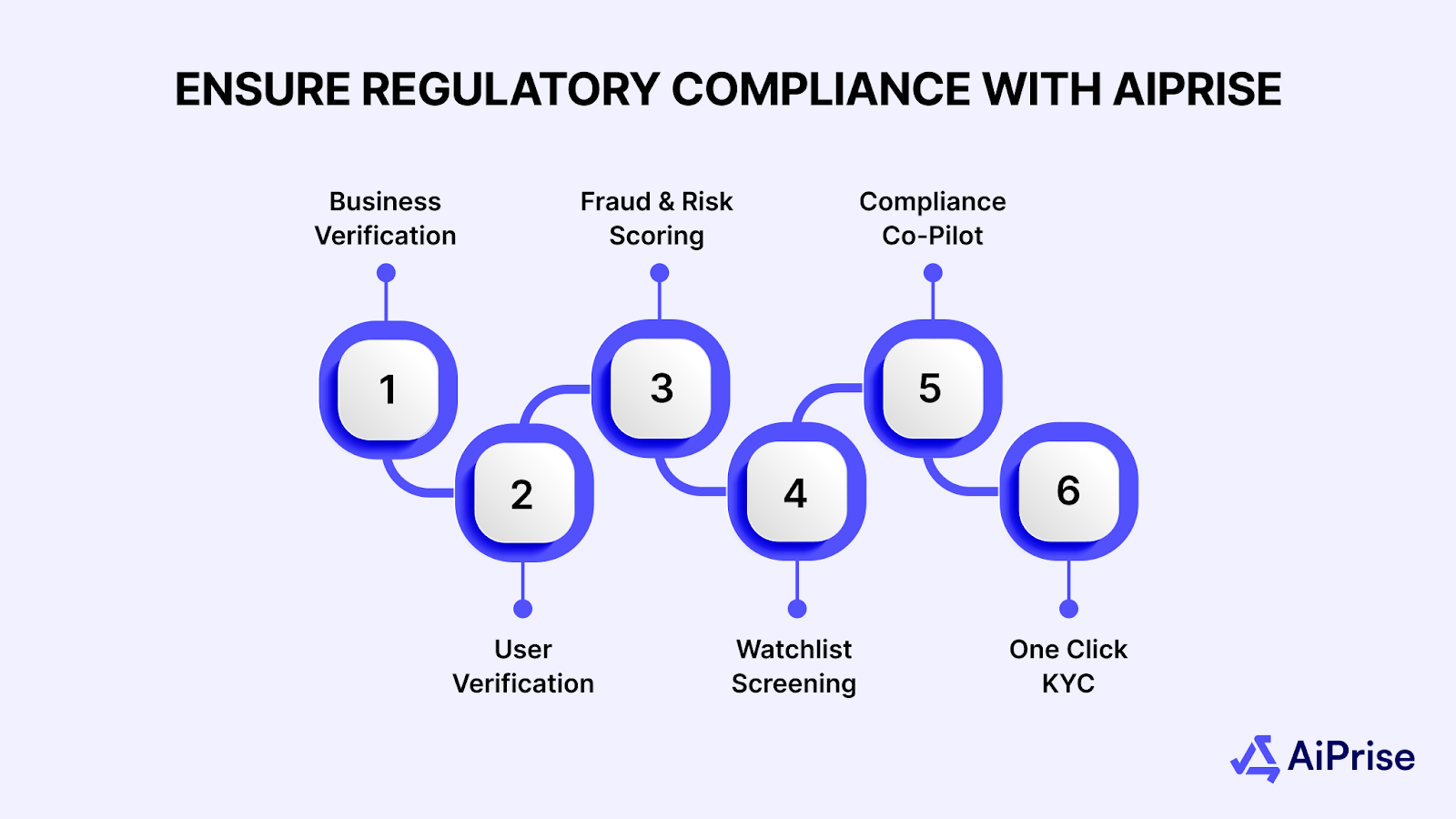
Meeting Singapore's crypto licensing requirements demands sophisticated compliance infrastructure, particularly for identity verification and AML obligations. Many crypto businesses face challenges implementing the advanced KYC and risk management systems that regulators require.
AiPrise provides the compliance technology that crypto businesses need to meet regulatory standards. Here’s how AiPrise can help:
- Business Verification: Verify corporate entities globally with comprehensive KYB checks that validate company registration, ownership structures, and regulatory status.
- User Verification: Conduct thorough customer onboarding with AI-powered identity verification and document authentication.
- Fraud & Risk Scoring: Assess customer and transaction risk using advanced algorithms that detect suspicious patterns and high-risk activities.
- Watchlist Screening: Screen customers against global sanctions lists, PEP databases, and adverse media in real-time during onboarding and ongoing monitoring.
- Compliance Co-Pilot: Access AI-powered compliance assistance that helps interpret regulations and maintain ongoing adherence to requirements.
- One Click KYC: Accelerate customer onboarding with automated verification workflows that reduce manual review time while maintaining compliance standards.
AiPrise's verification platform helps demonstrate compliance readiness while reducing operational complexity and regulatory risk.
Final Thoughts
Singapore's crypto license requirements represent comprehensive regulatory standards designed to maintain market integrity and prevent financial fraud.
Success requires thorough preparation, adequate capital, and ongoing commitment to compliance excellence. The licensing process demands detailed business planning, solid risk management systems, and clear justification for your business model.
Don't let compliance challenges slow down your crypto business growth. With increasing regulatory scrutiny and limited licensing windows, having the right verification infrastructure is more critical than ever. AiPrise's compliance platform gives you the competitive edge to meet regulatory standards efficiently while your competitors struggle with manual processes.
Book A Demo with AiPrise today and see how leading crypto businesses are staying ahead of compliance requirements.
FAQs
1. Can foreign companies get crypto licenses in Singapore?
Foreign companies must incorporate a Singapore entity first. They need resident directors and a physical office to meet local requirements.
2. How long does the licensing process take?
Applications typically take 6-12 months to complete. Timeline depends on documentation quality and how quickly you respond to MAS requests.
3. What documents are required for license applications?
You need a detailed business plan, legal opinion, compliance policies, and financial statements. MAS also requires external auditor reports on technology controls.
4. Are there ongoing reporting requirements after getting licensed?
Yes, licensees submit quarterly returns and annual compliance reports. You must also notify MAS immediately of any significant business changes.
5. What types of crypto activities require MAS licensing?
Digital token exchange, custody services, and payment token transfers need licenses. Technical services without fund handling may be exempt.
You might want to read these...

AiPrise’s data coverage and AI agents were the deciding factors for us. They’ve made our onboarding 80% faster. It is also a very intuitive platform.











